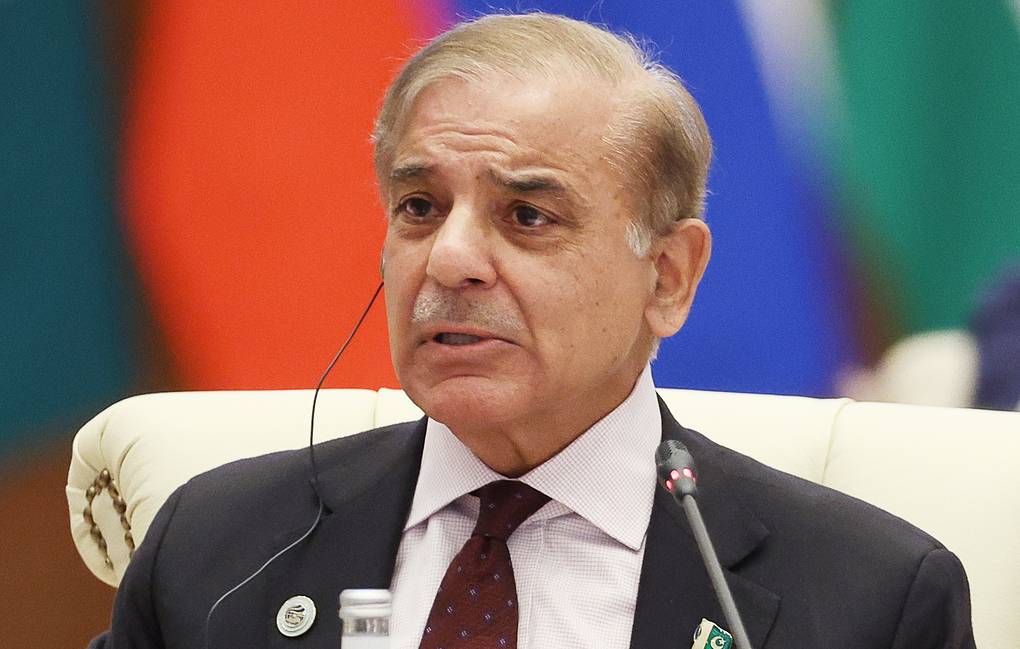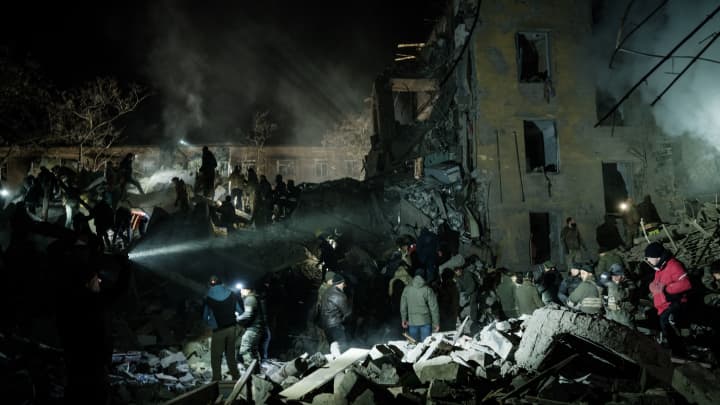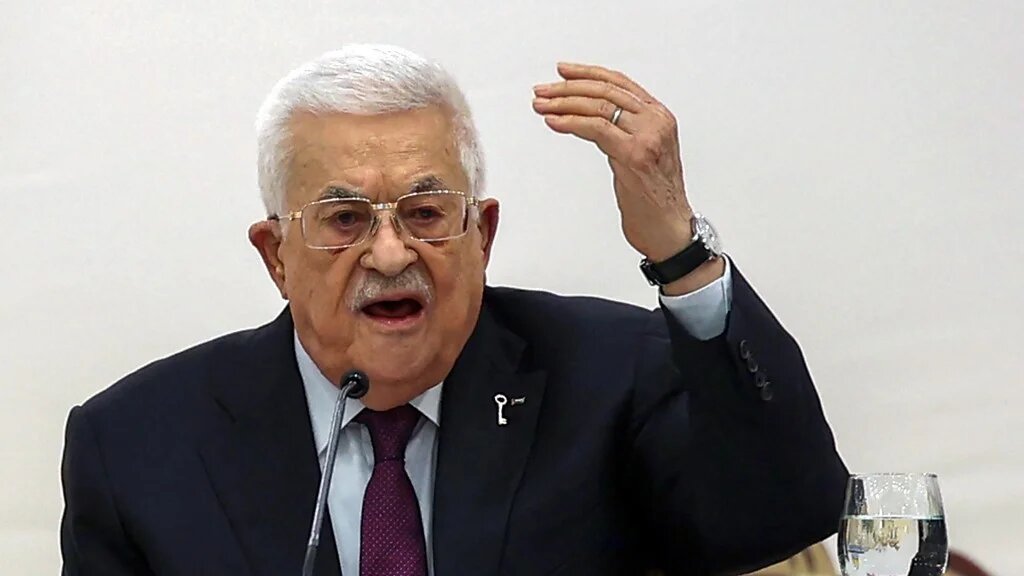No more shaving heads, blackening faces: UP's Anti-Romeo squad to return in gentler, 2.0 avatar
Tue 11 Jul 2017, 19:47:25
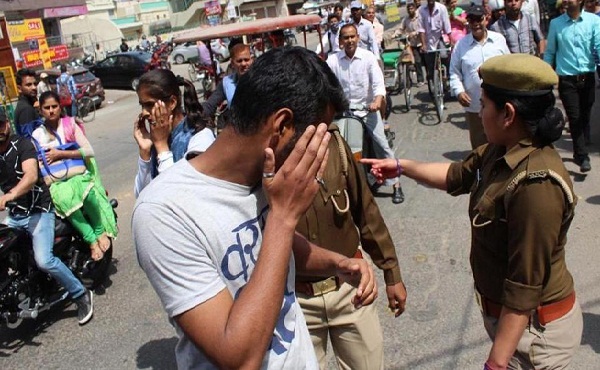
The controversial anti-Romeo squads, which drew widespread criticism for moral policing and harassing young couples in the name of women safety, will soon be back to patrol Uttar Pradesh streets. However, the state police chief claims, the new teams will comprise a polite, observant and trained set of personnel who will act as a deterrent only to eve-teasers and stalkers.
A pre-poll promise of the Bharatiya Janata Party, the drive was aimed at punishing molesters and harassers in public places. However, vigilante groups took over the exercise, often targeting young couples and handing out embarrassing punishments.
"Earlier, these squads were not trained. They were often over-enthusiastic and took foolish actions like chasing young people and grilling them," said state DGP Sulkhan Singh in an exclusive interview to Mail Today. "This brought bad name to a well-meaning exercise."
According to Singh, the new teams underwent a curriculum designed by the Women Power Line, a unit for prevention and detection of crime against women, with three areas of focus: behavioural, legal and practical.
"They only have to be vigilant and observant about situations and see if a man or a group of men are harassing women. They are being taught that. Training is over in 30 of the 75 districts," said the IPS officer who was DG (training) before being elevated by chief minister Yogi Adityanath.
'NO MURGA PUNISHMENTS'
The top cop assured that there will be no more arrests, shaving of heads, blackening of faces or murga punishments (a stress position of holding ears) or chasing of couples at public parks, college campuses, railway stations and shopping malls in the name of curbing eve-teasing or protecting women.
Singh said the squad will also be asked to use body cameras to protect themselves from charges of human rights violations or other wild allegations. These teams will not be given the power to investigate but only detain the stalkers, rowdy elements and issue warnings after "careful observation of a situation".
The curriculum also conducted sensitisation classes of policemen where they were taught to how to behave with young couples and spot a suspicious character.
"The squad is being given training in distinguishing a molester from a friend through keen observation and by being vigilant. Earlier these squads were trained only as a police officer. They will see a group of boys and they will go and threaten them... a girl and boy will be walking together and they will question them. These things should not happen," the DGP said.
Supporting the need for such a squad, Singh said it was necessary to prevent teasing, molestation or harassment of women at public place and instill a sense of security among
people.
people.
The Allahabad high court in March had upheld Yogi Adityanath government's move to set up these squads but cautioned that the police must act only as per law and not "outside its purview".
The move invited criticism from several quarters following allegations that the police were invading private space of citizens. The opposition even sought Central intervention into what they alleged "violation of the Constitution" by allowing anti-Romeo squads to "ridicule democracy and the freedom of youngsters".
'IMPARTIAL POLICE'
Singh said the biggest achievement of the Yogi government on the law and order front was its "impartial policing". "Now people can say that similar action is being taken in similar cases and there is no distinction on the basis of his or her political affiliation or status. Whoever breaks the law will be dealt with an iron fist," the DGP said.
Without naming any party or organisation, Singh said the police are not hesitating to take strong action against the "newly emboldened constituents for their over-enthusiasm" and cited strict action against cow vigilantes and the dealing of Saharanpur riots.
Contrary to the view of opposition parties who referred to several incidents of rape, caste violence and 'gau rakshaks' as worsening law and order situation in the state, Singh said the situation had "in fact improved".
"After stern action was taken against cow vigilantes who indulged in violence in the name of cow protection, such incidents are no longer taking place in UP now," the DGP said.
Regarding the Saharanpur riots, where Thakurs and Dalits were locked in violent clashes and tension persisted for weeks, Singh said: "Some people tried to create a volatile situation but police took prompt action. Now Saharanpur is quiet. We will deal each case according to its merit without yielding to any political or social affiliation. There are people who tried to escalate the situation by committing crimes. They could not."
The DGP said he would not like to join issues with politicians and kept his role to policing alone. "There are two aspects to policing-crime and public order. Public order is the order in public places. Incidents of mobs having a field day, rioting, damaging public property etc. have come down drastically. If anyone indulges in it, strict action will be taken."
On the transfer of Shreshta Thakur, a woman police officer of Bulandshahar who stood up against local BJP leaders and sent five of them to jail for creating obstacles in discharging government duties, the DGP said it was a routine transfer along with many others. "There was no pressure at all from the government side. I only saw the criticism in social media. Nobody called me and questioned the transfer."
No Comments For This Post, Be first to write a Comment.
Most viewed from National
Most viewed from World
AIMIM News
Latest Urdu News
Most Viewed
May 26, 2020
Do you think Canada-India relations will improve under New PM Mark Carney?
Latest Videos View All
Like Us
Home
About Us
Advertise With Us
All Polls
Epaper Archives
Privacy Policy
Contact Us
Download Etemaad App
© 2025 Etemaad Daily News, All Rights Reserved.

.jpg)
.jpg)
.jpg)
.jpg)
.jpg)
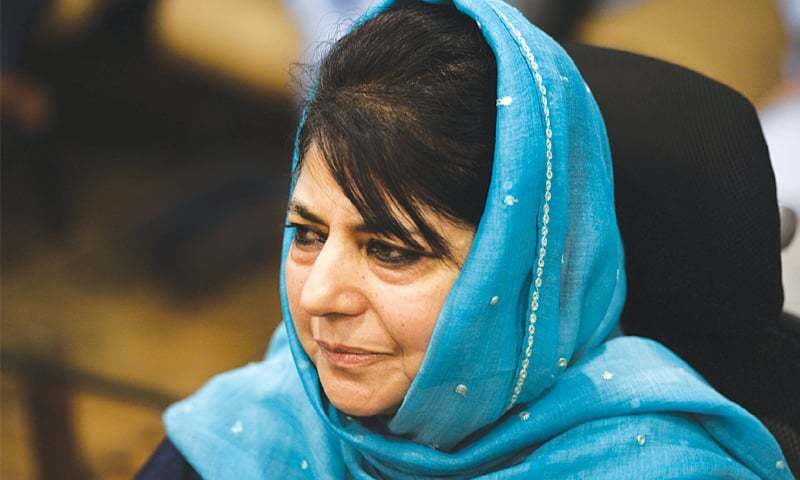





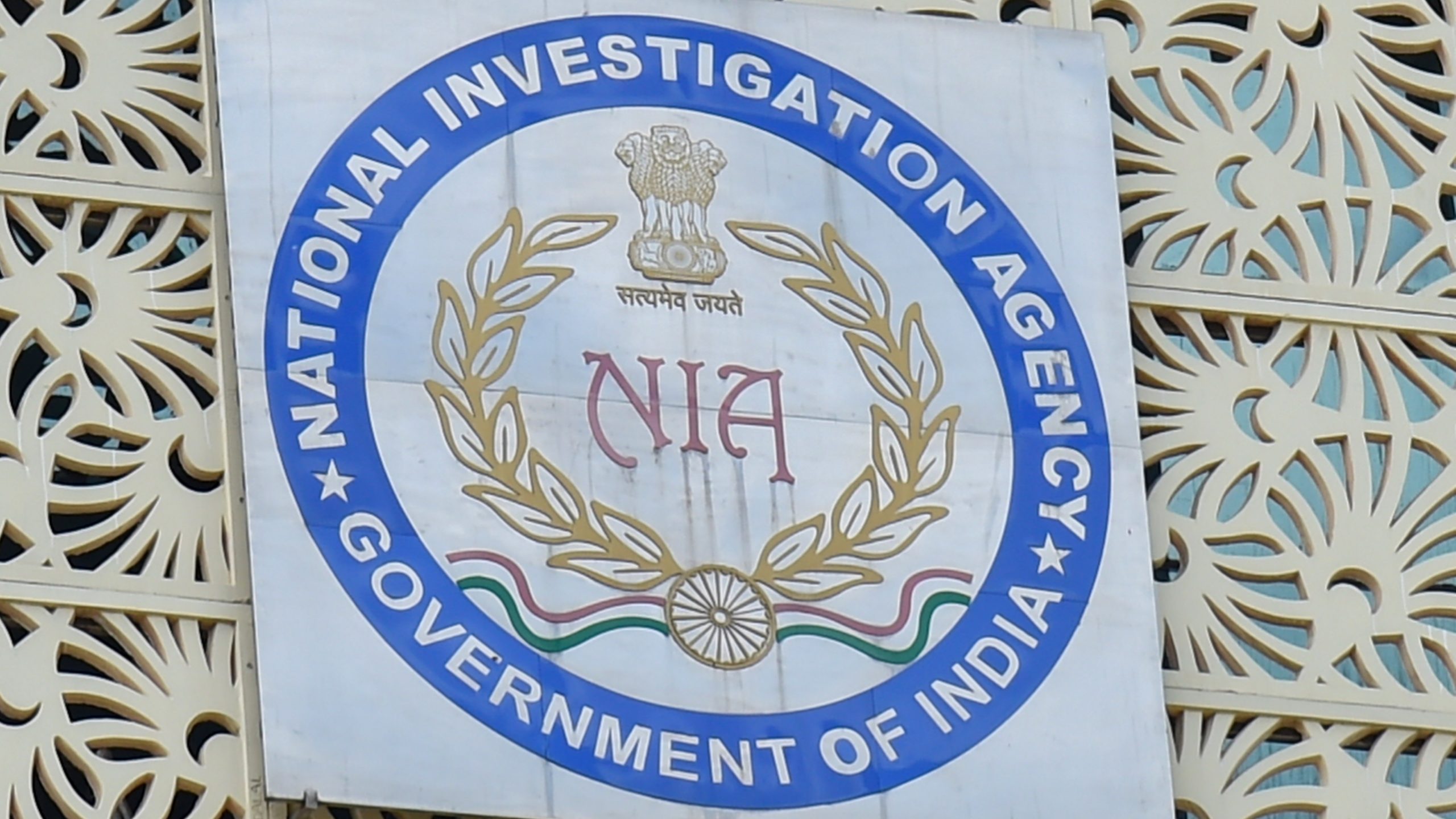
.jpg)
.jpg)
.jpg)
.jpg)
.jpg)
.jpg)
.jpg)
.jpg)
